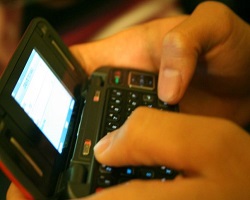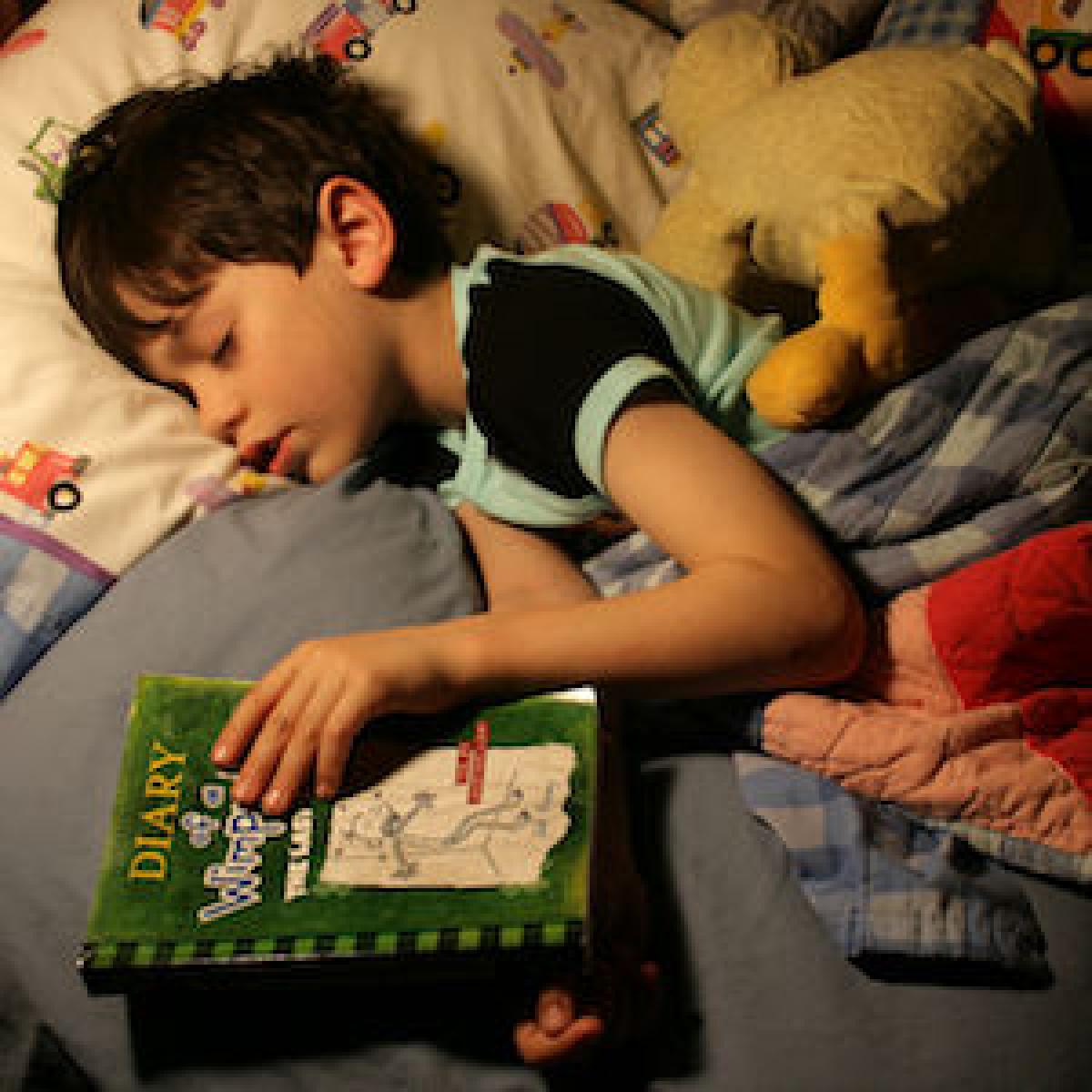
Sleeping Secret Behind Bullying Behavior
What’s in the Story?

Superheroes always seem to be ready for anything. Batman has cool gadgets to help him save people all over Gotham City, and Superman has super hearing that makes it easier for him to find bad guys Wouldn’t it be great to have super powers to help us with our daily challenges too? Then it would be a lot easier to get to school on time, finish homework quickly, or deal with school bullies. Well, we may not have x-ray vision to help us face bullies, but we can learn about what makes some people bullies so that we can be prepared.
In the PLOS ONE article “Irregular Bedtime and Nocturnal Cellular Phone Usage as Risk Factors for Being Involved in Bullying: A Cross-Sectional Survey of Japanese Adolescents,” a team of scientists in Japan tried to find out what kinds of sleep and cell phone habits help students stay healthy and non-aggressive, and what kinds of habits can make students act like bullies.
Sugar, Spice…Not Everything’s Nice

If you’ve ever been ignored, called a name, or had someone play a joke on you, you probably understand that it’s pretty easy to have your feelings hurt. Though the person doing these things may think they are being funny, those acts are all a form of bullying, as is physical violence. Violent bullying and “jokes” can both be part of a recipe for a lot of health problems like depression, loneliness, low self-confidence, and even poor grades for both the students that get picked on and for the bullies. Figuring out what causes this kind of aggressive behavior can help all students to be healthier and do well in class. The last thing we want is for anyone to feel like they need the power of invisibility just to get by a day at school.
Who’s Afraid of the Big Bad Bedtime?
Scientists can’t give people super powers, but they can try to understand which lifestyles help students socialize and do well in school and which cause aggressive behavior like bullying. Scientists asked nearly 20,000 students about their experience with or participation in bullying, their sleeping habits, and their cell phone or email habits.
They found that sleeping habits and nocturnal activity were one of the major factors that led to bullying. Students were categorized as having a nocturnal lifestyle if they slept less than 6 hours and went to bed at random times every night. More junior high school students were nocturnal than senior high school students and there were more cases of bullying among the junior high students.

Also, many students who were the victims of bullying averaged more than 8 hours of sleep each night. This means that getting too much sleep can also be bad for your social habits.
Your daily sleeping and waking cycle is related to the rise and fall of your body temperature throughout the day. During the day, your body temperature is higher to help you burn energy to play sports or do homework. At night your body temperature lowers as your body repairs muscles and stores up energy for the next day. However, when you don’t get enough sleep, your body temperature is forced to stay high for a long time without rest. These sustained high temperatures can lead to mood changes that make you more aggressive. Additionally, getting too much sleep can also change your normal temperature patterns. In junior high school, students that slept for between 6 and 8 hours a night showed the least involvement in bullying.
Next time you think you’re missing out on fun by going to bed early, remember that getting the right amount of sleep will help you be in a better mood, be in better health, and be yourself. Having a regular bedtime can actually help you make friends and do well in school, so if you can learn to stick to a healthy sleep routine it can be just as useful as Superman’s super strength.
Texts, Emails, and Technology Traps. Oh My!

Batman’s gadgets help him with superhero duties, but our technology may have some drawbacks. The results of the survey showed that both bullies and students who were bullied often used cell phones and email after lights out. Using technology keeps you up after hours when you’re supposed to be sleeping, and it gives you more opportunities to gossip or talk with friends late at night. This might make it easier to be in a situation where you bully someone or are bullied over phone or email. Electronic bullying causes a lot of depression and anxiety that can in turn make it difficult to sleep. Cell phones and email don’t really drain away your energy like Kryptonite does to Superman, but if used in the wrong way they might be a part of what causes bullying behavior.
Go Up, Up, and Forward

Though there isn’t a cure for bullying and aggression, we can still use what we’ve learned to avoid being a part of bullying. It’s just a matter of using your own simple superpower to go up, up and forward. Stay up no later than necessary. Get up and away from your computer and cell phone to do something active. And confidently go forward with all your big goals for the new school year knowing that your mind and body are strong enough to handle whatever comes your way. Who needs laser vision? You can use the simple superpowers of sleep to set you up for success.
Images from Wikimedia.
Batman by Robin Hall via Wikimedia.
Superhero silhouettes by user Vegas Bleeds Neon via Wikimedia.
Bibliographic details:
- Article: Sleeping Secret Behind Bullying Behavior
- Author(s): Bethany Vu
- Publisher: Arizona State University School of Life Sciences Ask A Biologist
- Site name: ASU - Ask A Biologist
- Date published:
- Date accessed:
- Link: https://askabiologist.asu.edu/plosable/sleeping-secret-bullying-behavior
APA Style
Bethany Vu. (). Sleeping Secret Behind Bullying Behavior. ASU - Ask A Biologist. Retrieved from https://askabiologist.asu.edu/plosable/sleeping-secret-bullying-behavior
Chicago Manual of Style
Bethany Vu. "Sleeping Secret Behind Bullying Behavior". ASU - Ask A Biologist. . https://askabiologist.asu.edu/plosable/sleeping-secret-bullying-behavior
Bethany Vu. "Sleeping Secret Behind Bullying Behavior". ASU - Ask A Biologist. . ASU - Ask A Biologist, Web. https://askabiologist.asu.edu/plosable/sleeping-secret-bullying-behavior
MLA 2017 Style

Be Part of
Ask A Biologist
By volunteering, or simply sending us feedback on the site. Scientists, teachers, writers, illustrators, and translators are all important to the program. If you are interested in helping with the website we have a Volunteers page to get the process started.
